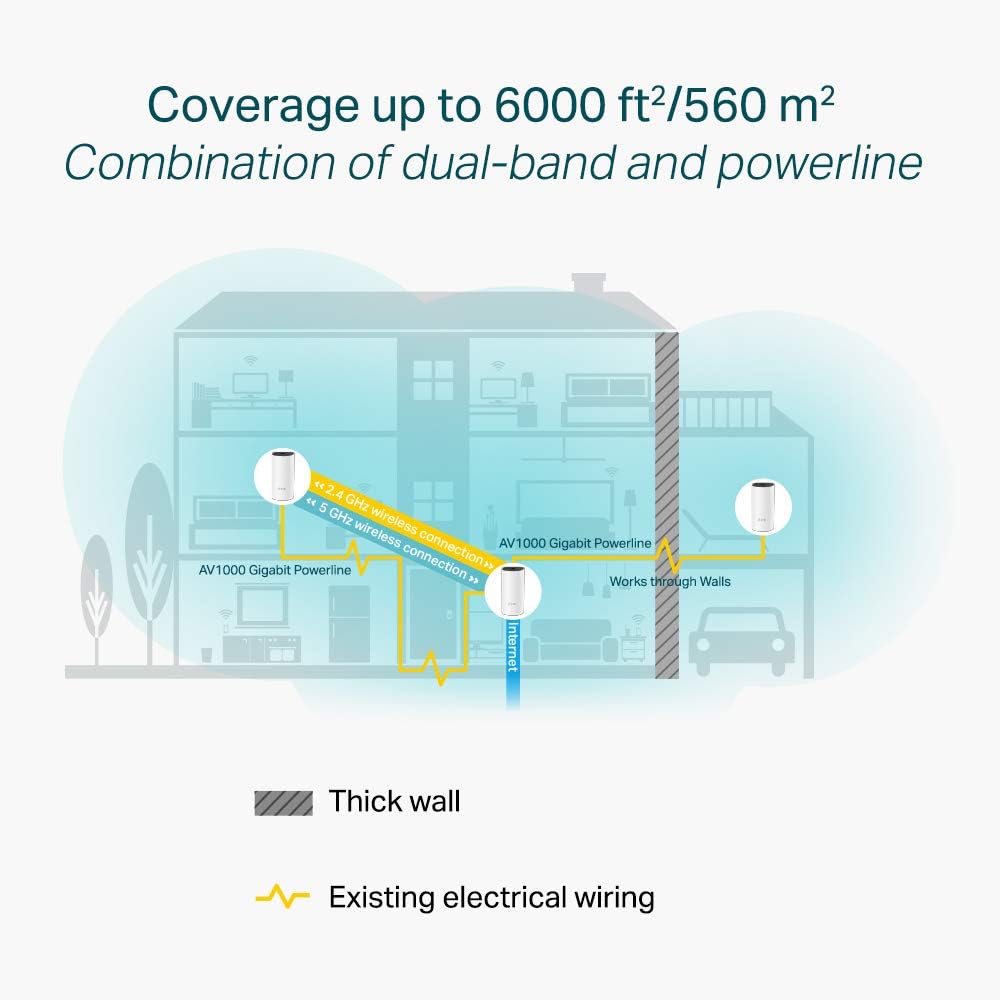Hello,
My and Wife and I are moving into a new property. We will be renting though and can't run Ethernet Cables around the house, my wife wouldn't let me anyway.
I am looking into WiFi Mesh systems. I was wondering what systems people have that work around £150/$200?
I recognise that wall thickness, type of doors, etc can change signal strength. And it isn't as simple as placing a mesh system in a room that has terrible signal and that fixes the problems.
I know you need it close enough to have a strong enough signal. I am more looking to see what systems people have found have worked well for them.
The system I am looking at is TP Link Deco P9 as it also has the powerline feature. But has mixed reviews online as to if the powerline feature does actually work.
Any recommendations appreciated.
My and Wife and I are moving into a new property. We will be renting though and can't run Ethernet Cables around the house, my wife wouldn't let me anyway.
I am looking into WiFi Mesh systems. I was wondering what systems people have that work around £150/$200?
I recognise that wall thickness, type of doors, etc can change signal strength. And it isn't as simple as placing a mesh system in a room that has terrible signal and that fixes the problems.
I know you need it close enough to have a strong enough signal. I am more looking to see what systems people have found have worked well for them.
The system I am looking at is TP Link Deco P9 as it also has the powerline feature. But has mixed reviews online as to if the powerline feature does actually work.
Any recommendations appreciated.



